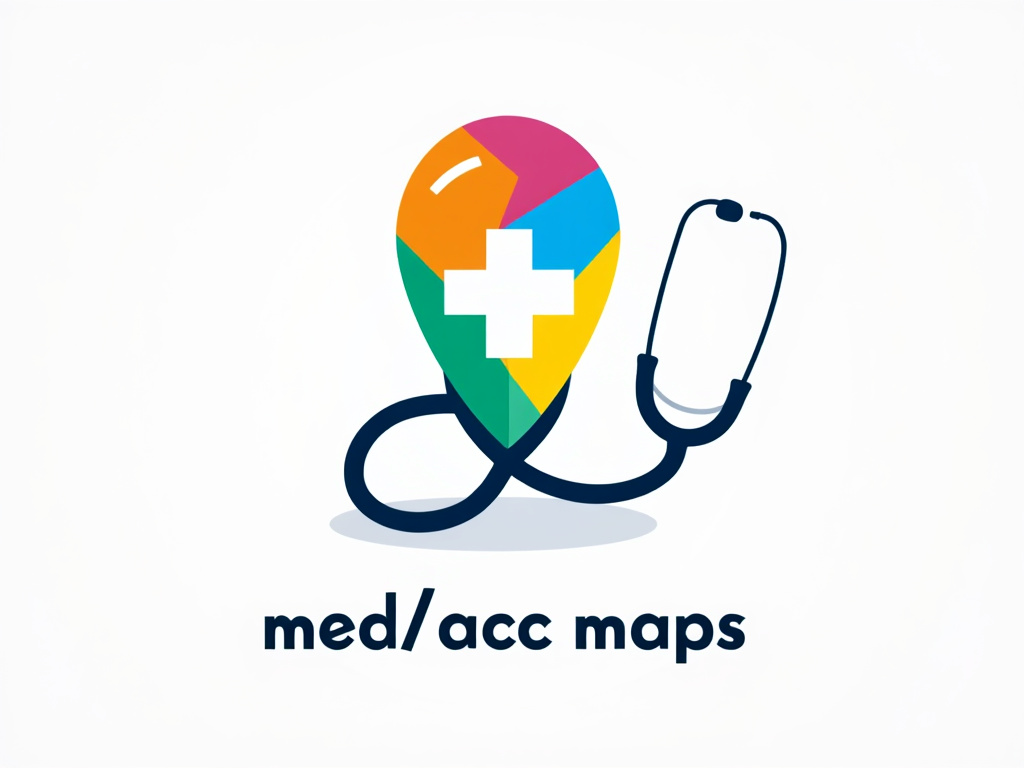Outsider Harassment & External Threats
Protection strategies against patient family violence, visitor threats, and external harassment
External Threat Categories
Patient Family Violence
HIGH RISK
- Emotional outbursts during treatment
- Disagreement with medical decisions
- Financial stress and blame
- Cultural misunderstandings
Visitor Misconduct
MEDIUM RISK
- Unauthorized access attempts
- Disruptive behavior in wards
- Violation of visiting hours
- Inappropriate conduct with staff
External Stalking
MEDIUM RISK
- Following staff outside hospital
- Unwanted contact attempts
- Social media harassment
- Persistent communication
State-wise Outsider Harassment Data (2023)
| State | Family Violence | Visitor Issues | External Stalking | Security Response |
|---|---|---|---|---|
| West Bengal | 89 cases | 156 incidents | 23 reports | 65% effective |
| Maharashtra | 67 cases | 134 incidents | 31 reports | 78% effective |
| Uttar Pradesh | 92 cases | 178 incidents | 19 reports | 58% effective |
| Delhi | 45 cases | 98 incidents | 28 reports | 82% effective |
| Karnataka | 38 cases | 87 incidents | 25 reports | 75% effective |
Visitor Management Systems
AIIMS Delhi
- Biometric visitor registration
- Photo ID mandatory
- Escort requirements for sensitive areas
- Real-time visitor tracking
- Automated access control
Apollo Hospitals
- Digital visitor passes
- Time-limited access
- Department-specific permissions
- CCTV monitoring
- Security escort services
Fortis Healthcare
- QR code visitor system
- Mobile app integration
- Pre-approval requirements
- Visitor behavior monitoring
- Incident alert system
High-Risk Departments
Emergency Department
CRITICAL RISK
78% of outsider incidents
Common Triggers:
- Patient death announcements
- Treatment delays
- Triage decisions
- Cost concerns
Protection Measures:
- Dedicated security personnel
- Separate family counseling area
- Panic buttons at all stations
- Clear communication protocols
ICU/Critical Care
HIGH RISK
65% of family conflicts
Common Triggers:
- Visiting restrictions
- Treatment decisions
- Prognosis discussions
- End-of-life care
Protection Measures:
- Controlled access systems
- Family liaison officers
- Counseling support
- Clear visiting policies
City-wise Security Protocols
Mumbai
- Police Coordination: Direct hotline to local stations
- Security Standards: Minimum 1:50 security ratio
- Response Time: Average 4 minutes
- Legal Support: Fast-track complaint system
Delhi
- Police Coordination: PCR van deployment
- Security Standards: Armed guards in major hospitals
- Response Time: Average 3 minutes
- Legal Support: Dedicated medical court
Bangalore
- Police Coordination: Hoysala patrol integration
- Security Standards: Tech-enabled monitoring
- Response Time: Average 5 minutes
- Legal Support: Cyber crime cell backup
Chennai
- Police Coordination: All Women Police Station link
- Security Standards: Cultural sensitivity training
- Response Time: Average 6 minutes
- Legal Support: Medical tribunal system
Protection Strategies
Communication Techniques
- Use clear, simple language
- Show empathy and understanding
- Provide regular updates
- Involve family in appropriate decisions
- Set realistic expectations
Environmental Safety
- Position near exit routes
- Remove potential weapons
- Ensure adequate lighting
- Install panic buttons
- Maintain clear sightlines
Team Coordination
- Buddy system implementation
- Code word systems
- Regular safety briefings
- Incident reporting protocols
- Post-incident support
Hospital Safety Rankings for Outsider Threats
1
AIIMS Delhi
9.4/10
- Comprehensive visitor management
- 24/7 security presence
- Advanced access control
- Rapid response protocols
2
Tata Memorial Hospital
9.1/10
- Specialized security training
- Family counseling services
- Emotional support systems
- Clear communication protocols
3
Apollo Chennai
8.8/10
- Digital visitor tracking
- Multi-language support
- Cultural sensitivity training
- Proactive threat assessment
Emergency Response Protocol
Immediate Response
Activate panic button, call security, ensure personal safety
Alert Authorities
Contact hospital security, police if necessary, notify supervisor
Document Incident
Record details, gather witness information, preserve evidence
Follow-up Actions
File formal complaint, seek counseling, review security measures
